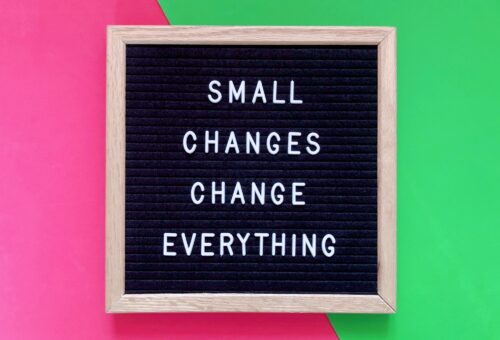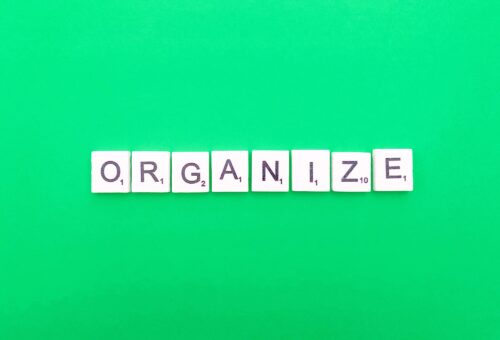The Science Behind Productive Breaks That Actually Work

Introduction: Why Breaks Matter
When it comes to productivity, the key is not just about working harder but also about working smarter. While it might seem counterintuitive, taking breaks during your workday can actually help you accomplish more in less time. In fact, the science of productive breaks shows that taking intentional, well-timed breaks can boost both focus and creativity, while reducing mental fatigue.
In this article, we’ll explore why breaks are essential for sustained productivity and how to take breaks that will actually make you more effective.
1. The Benefits of Taking Breaks
Boosting Mental Energy and Focus
Our brains have limited capacity for sustained attention. After a period of intense focus, we experience cognitive fatigue, which reduces our ability to concentrate effectively. Taking breaks helps recharge your mind, improving focus and mental clarity.
Preventing Burnout
Long periods of continuous work without breaks can lead to burnout. This not only affects productivity but also impacts your health and well-being. Regular breaks help prevent burnout and ensure you maintain a sustainable work routine.
Improving Creativity
Breaks allow your brain to process information more effectively. Stepping away from a task can lead to creative insights and new ideas. In fact, some of the most successful ideas and solutions often arise during downtime.
2. The Science of Breaks: How Long and How Often?
To reap the full benefits of breaks, it’s important to understand the timing. Research suggests that taking breaks every 60 to 90 minutes is ideal for maintaining productivity. These breaks should last around 5 to 15 minutes, depending on the type of work you’re doing.
The Ideal Timing:
- Work for 60 to 90 minutes: Focus on a task without distractions.
- Take a 5-15 minute break: Step away from your work to recharge your mind.
- Repeat the cycle: After each work session, take another break.
This cycle helps you maintain a high level of focus and ensures you don’t experience mental fatigue.
3. What to Do During Breaks: The Best Activities
Not all breaks are created equal. To make your breaks truly effective, you need to engage in activities that help recharge your energy and clear your mind.
Best Break Activities:
- Physical movement: Stretching, walking, or doing quick exercises helps get your blood flowing and reduces tension.
- Mindfulness: Practicing deep breathing or meditation can help relax your mind and reduce stress.
- Creative activities: Drawing, journaling, or doing something creative can help reset your brain and spark new ideas.
The key is to engage in activities that relax and refresh you, preparing you to dive back into your work with renewed focus.
4. How Breaks Help with Decision-Making and Problem-Solving
Taking breaks can also improve your decision-making and problem-solving abilities. When you’re deeply focused on a task, you may become too attached to a single solution, making it harder to see alternative approaches. Stepping away from your work allows you to return with a fresh perspective and a clearer mind.
How Breaks Improve Decision-Making:
- Restores mental energy: Breaks help recharge your brain, making it easier to think critically.
- Promotes new insights: Taking a break can help you notice details or solutions you missed before.
- Reduces decision fatigue: Regular breaks help reduce the mental exhaustion that comes with making many decisions.
By allowing your mind to rest, you can approach problems with greater clarity and make better decisions.
5. Scheduling Breaks for Maximum Productivity
To get the most out of your breaks, it’s important to schedule them intentionally. Time-blocking your workday and planning breaks in advance can help ensure that you don’t skip them.
How to Schedule Breaks:
- Use a timer: Set a timer for work and break intervals to stay on track.
- Plan breaks during low-energy periods: If you tend to feel sluggish at certain times of the day, schedule a break during those times to give your energy a boost.
- Take breaks away from your workspace: Step away from your desk to fully disengage from work.
By scheduling breaks thoughtfully, you can optimize your workday and ensure that you’re taking breaks when you need them most.
Conclusion: Breaks Are an Investment in Your Productivity
While it may seem counterproductive to take breaks, research shows that regular, well-timed breaks are essential for maximizing productivity and mental well-being. By following the science behind breaks, you can work smarter, not harder, and accomplish more in less time. Remember, your breaks are just as important as your work sessions — invest in them wisely!








